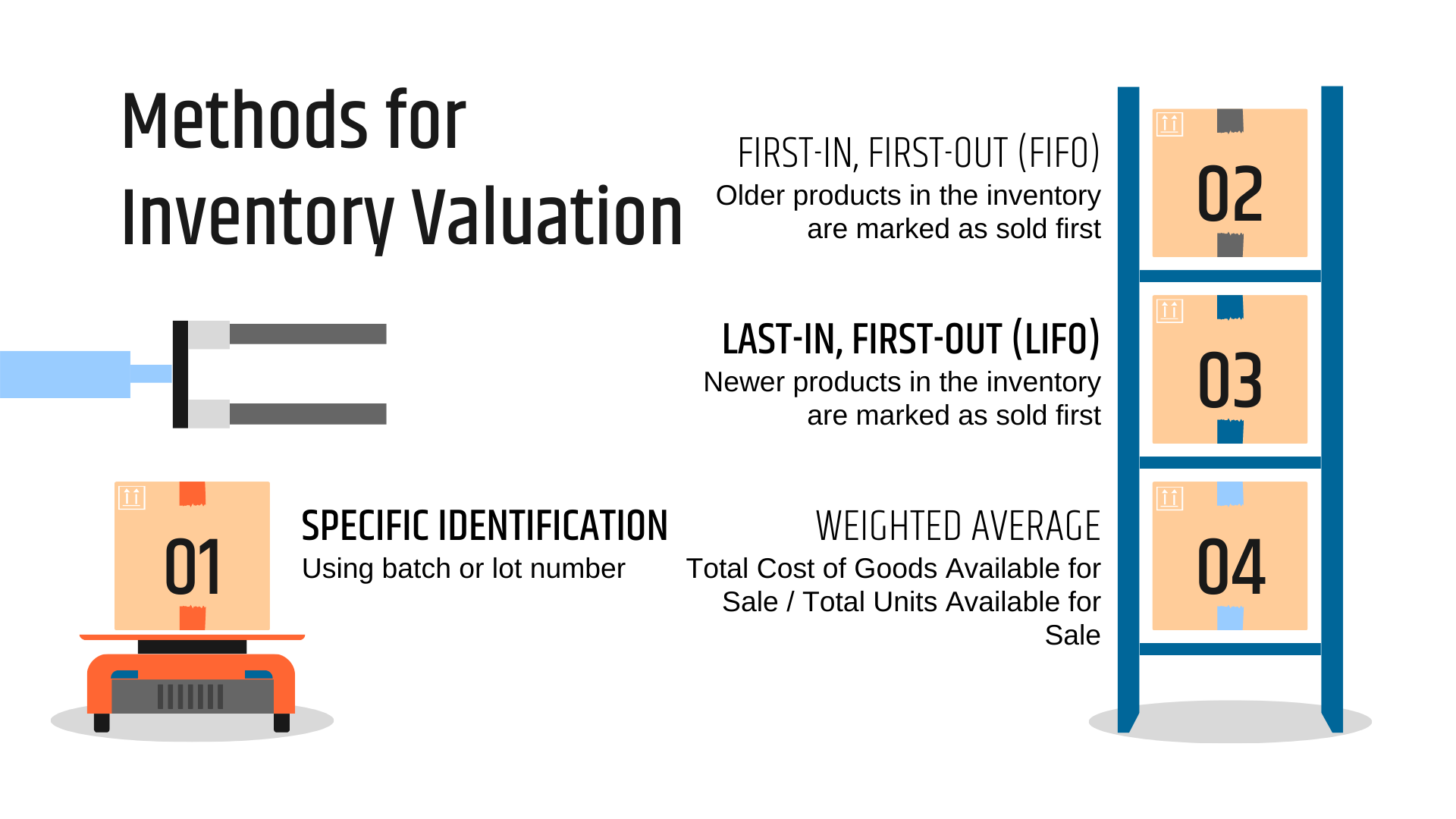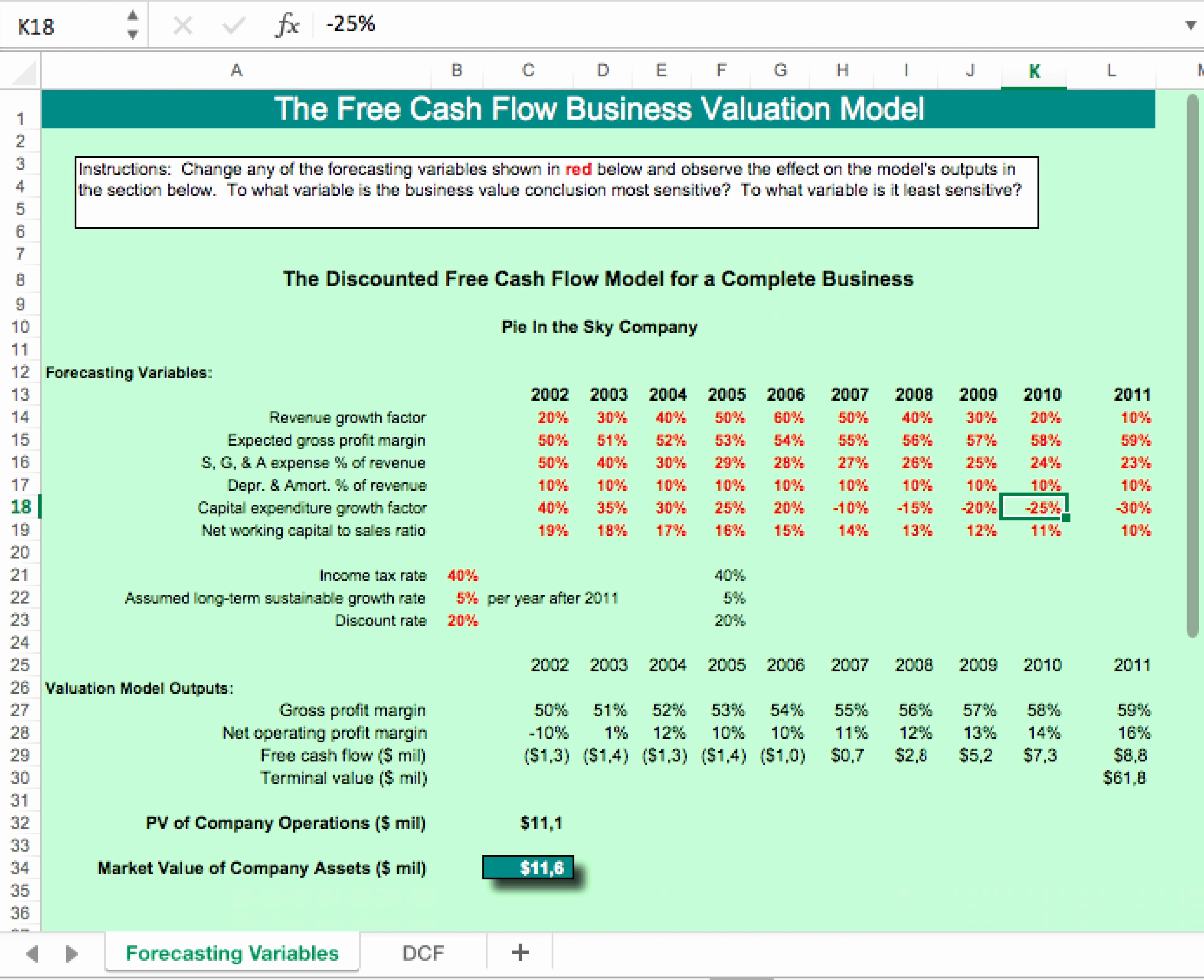Small business inventory valuation milwaukee – Navigating the complexities of small business inventory valuation in Milwaukee requires a tailored approach. This guide delves into the intricacies of inventory valuation methods, best practices, and tax implications, empowering small businesses to optimize their inventory management strategies and make informed decisions.
From understanding the nuances of inventory valuation methods to leveraging technology for efficient inventory management, this comprehensive guide provides valuable insights and practical tips to help small businesses in Milwaukee streamline their inventory processes and maximize profitability.
Milwaukee Small Business Inventory Valuation Methods

Inventory valuation is a crucial aspect of accounting for small businesses in Milwaukee, as it directly impacts financial statements and tax obligations. There are several inventory valuation methods available, each with its advantages and disadvantages.
The choice of inventory valuation method depends on factors such as the nature of the business, the industry, and the accounting principles followed. Understanding the different methods and their implications is essential for accurate financial reporting and decision-making.
First-In, First-Out (FIFO)
- Assumes that the oldest inventory is sold first.
- Calculated by multiplying the unit cost of the oldest inventory by the number of units sold.
- Advantages:Matches the physical flow of inventory, provides a more conservative valuation during inflationary periods.
- Disadvantages:May not reflect the current market value of inventory, can lead to overstated profits during deflationary periods.
Last-In, First-Out (LIFO)
- Assumes that the most recently acquired inventory is sold first.
- Calculated by multiplying the unit cost of the newest inventory by the number of units sold.
- Advantages:Provides a more realistic valuation of inventory during inflationary periods, can reduce taxable income.
- Disadvantages:May not match the physical flow of inventory, can lead to understated profits during deflationary periods.
Weighted Average Cost, Small business inventory valuation milwaukee
- Calculates the average cost of all inventory units on hand.
- Calculated by dividing the total cost of inventory by the total number of units on hand.
- Advantages:Provides a more stable valuation of inventory, minimizes the impact of price fluctuations.
- Disadvantages:May not reflect the actual cost of goods sold, can be more complex to calculate.
Specific Identification
- Assigns a specific cost to each unit of inventory.
- Calculated by matching the cost of each unit sold to its specific purchase price.
- Advantages:Provides the most accurate valuation of inventory, allows for precise tracking of inventory costs.
- Disadvantages:Can be time-consuming and impractical for businesses with large or rapidly changing inventory.
Impact on Financial Statements
The choice of inventory valuation method can have a significant impact on financial statements:
- Income Statement:FIFO and LIFO can result in different gross profit and net income figures, affecting profitability analysis.
- Balance Sheet:Inventory valuation directly impacts the value of inventory reported on the balance sheet, which affects the calculation of current assets and working capital.
- Tax Implications:LIFO can reduce taxable income during inflationary periods, while FIFO may result in higher taxable income.
Best Practices for Inventory Management in Milwaukee: Small Business Inventory Valuation Milwaukee

Inventory management is crucial for small businesses in Milwaukee to maintain efficient operations and optimize profitability. By implementing best practices, businesses can enhance their inventory tracking, forecasting, and optimization strategies.
Inventory Tracking
- Maintain accurate inventory records through regular audits and cycle counting.
- Utilize technology such as inventory management software or barcode scanners to streamline tracking processes.
- Establish clear inventory storage guidelines to minimize discrepancies and facilitate efficient retrieval.
Inventory Forecasting
- Analyze historical sales data and market trends to predict future demand.
- Consider seasonal fluctuations and promotional events when forecasting inventory needs.
- Implement safety stock levels to prevent stockouts and ensure customer satisfaction.
Inventory Optimization
- Conduct ABC analysis to prioritize inventory items based on value and demand.
- Implement just-in-time inventory practices to reduce carrying costs and increase inventory turnover.
- Explore vendor partnerships and bulk discounts to optimize purchasing strategies.
- Leverage technology for automated inventory replenishment and demand planning.
Final Thoughts

By implementing effective inventory valuation practices, small businesses in Milwaukee can gain a competitive edge, optimize their financial performance, and position themselves for long-term success. This guide serves as a valuable resource, equipping small business owners with the knowledge and tools they need to navigate the complexities of inventory valuation and unlock the full potential of their businesses.
Question Bank
What are the most common inventory valuation methods used by small businesses in Milwaukee?
The most common inventory valuation methods used by small businesses in Milwaukee are FIFO (First-In, First-Out), LIFO (Last-In, First-Out), and weighted average cost.
How can I improve the efficiency of my inventory management in Milwaukee?
To improve the efficiency of your inventory management in Milwaukee, consider implementing inventory tracking systems, utilizing forecasting techniques, and leveraging technology for inventory optimization.
What specific inventory valuation rules and regulations apply to small businesses in Milwaukee for tax purposes?
Small businesses in Milwaukee must adhere to the inventory valuation rules and regulations Artikeld by the Internal Revenue Service (IRS). These rules include the consistency requirement, the lower of cost or market rule, and the identification method.
